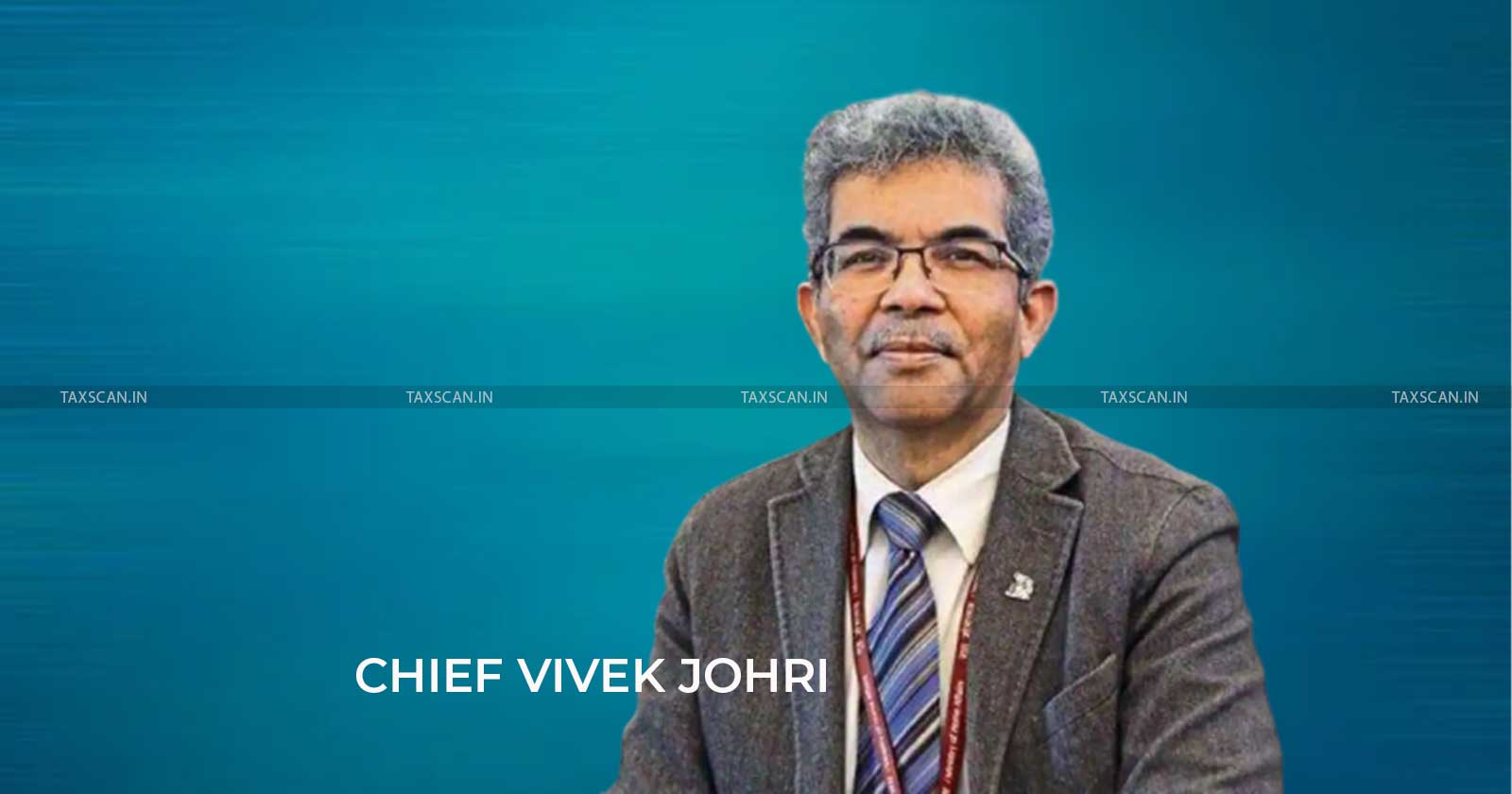CBIC Chief Vivek Johri hints at Stricter GST Audits and Scrutiny for broader Goods and Services Tax Base

The Central Board of Indirect Taxes and Customs (CBIC) is embarking on a new plan to broaden the tax base in India through stricter audits and scrutiny after the record collection of Goods and Services Tax (GST). The CBIC Chairman, Vivek Johri, stated that there are significant opportunities to widen the tax base and address tax evasion through the use of digital forensic tools, data integration and artificial intelligence.
To achieve its goals, the CBIC has been conducting tax audits and scrutiny, which has already revealed a revenue shortfall of ₹22,000 crore from the tax audits of 51,000 GST returns and ₹2,200 crore from tax scrutiny of 31,000 returns. In response, the CBIC aims to actively use audits and scrutiny to improve compliance and the quality of data taxpayers provide. The target is to reach an average monthly GST collection of over ₹1.50 lakh crore, up from the current average of ₹1.45 lakh crore.
In support of the CBIC's efforts, the government has estimated GST revenue of ₹9.56 lakh crore for the next fiscal year, which is higher than the current revised estimate of ₹8.54 lakh crore. The board will set up five forensic digital labs in the coming fiscal year to use technology to detect tax evasion and simplify customs procedures.
The focus of the budget is on simplifying customs procedures, as the CBIC has continued with some exemptions this year in cases where there was a strong recommendation from the ministries in alignment with 'Make in India' or when they did not receive timely inputs from the industry or stakeholders.
The budget also proposed amendments to the GST Act, such as restricting input tax credit claims for corporate social responsibility (CSR) activities, and decriminalizing certain offenses under indirect tax law.
The amendment regarding input tax credit was made due to a lack of clarity on the matter, leading to litigation, and now with this amendment, the treatment of input tax credit will align with the treatment of CSR under the income tax law. The budget has doubled the threshold for launching prosecution under the tax law to Rs 2 crore while retaining the limit at Rs 1 crore for fake invoicing cases.
The CBIC Chairman also stated that the measures being taken will reduce litigation and improve compliance, and the CBIC will continue to further decriminalize the law as needed. Another measure that will reduce litigation and improve compliance is the restriction of GSTR 1, GSTR 3B, and GSTR 9/9C, as one can now file them post-expiry of three years from the due date of filing the relevant return.
In conclusion, the CBIC's new plan to broaden the tax base through stricter audits and scrutiny, supported by the government's estimated GST revenue, the setting up of forensic digital labs, and the proposed amendments to the GST Act, is expected to bring about a significant increase in compliance and reduction in tax evasion.
Support our journalism by subscribing to Taxscan premium. Follow us on Telegram for quick updates


